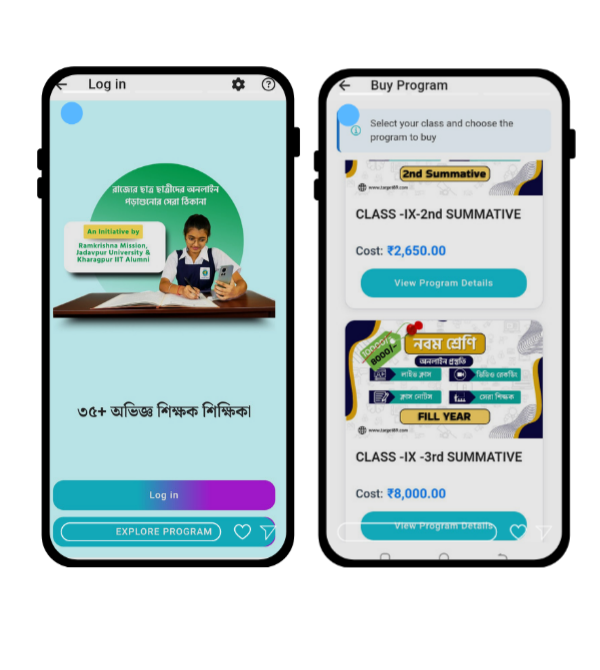Effective leadership has never been more crucial in today’s dynamic and rapidly evolving world. From corporate giants to burgeoning startups, the demand for leaders who can inspire, guide, and drive their teams to success is immense. A great leader is not just a figurehead but a visionary, someone who embodies the organization’s values and motivates others to reach their full potential. Whether stepping into a leadership role for the first time or looking to hone your existing skills, understanding the core competencies and qualities defining exceptional leaders is essential.
Key Leadership Skills
Communication:
Effective leaders are master communicators. They articulate their vision clearly and listen actively, fostering an environment of open dialogue and mutual respect. This ensures that everyone is on the same page and working towards common goals.
Decision-Making:
Leaders often face complex situations requiring swift and decisive action. The ability to make informed, strategic decisions is critical. This involves assessing risks, weighing options, and choosing the best course of action.
Adaptability:
In a world where change is constant, adaptability is key. Great leaders remain flexible and resilient, ready to pivot strategies when necessary and lead their teams through transitions smoothly.
Empathy:
Understanding and valuing the perspectives of others is a hallmark of effective leadership. Empathetic leaders build strong relationships, foster trust, and create a supportive work environment.
Delegation:
Knowing how to delegate tasks effectively is crucial. This not only empowers team members but also ensures that leaders can focus on strategic initiatives rather than getting bogged down in day-to-day operations.
Problem-Solving:
Leaders are often the go-to problem solvers in their organizations. They approach challenges with a solution-oriented mindset, encouraging creativity and innovation among their teams.
Accountability:
Great leaders hold themselves and their teams accountable. They set clear expectations, monitor progress, and provide constructive feedback, ensuring that everyone remains committed to achieving their objectives.
Qualities of a Good Leader
Integrity:
Trustworthiness and honesty are the bedrock of leadership. Leaders with integrity earn the respect of their teams and foster a culture of transparency and ethical behavior.
Vision:
A compelling vision inspires and motivates teams. Effective leaders have a clear idea of where they want to go and can communicate this vision in a way that energizes and aligns their teams.
Courage:
Leading often involves taking risks and making tough decisions. Courageous leaders face challenges head-on and are not afraid to take a stand for what they believe is right.
Humility:
Humble leaders recognize that they don’t have all the answers and are willing to learn from others. They value contributions from their team and are open to feedback.
Passion:
Passionate leaders are enthusiastic and energetic about their work. Their dedication is contagious, inspiring others to commit to their roles with equal fervor.
Consistency:
Consistency in actions and decisions builds trust and reliability. Teams need to know that their leader will remain steady and dependable, especially during turbulent times.
How to Be a Great Leader
Self-Reflection:
Regularly assess your strengths and areas for improvement. Seek feedback from peers and mentors, and be open to change.
Continual Learning:
Stay abreast of industry trends, new technologies, and leadership practices. Engage in professional development opportunities to enhance your skill set.
Mentorship:
Provide guidance and support to your team members. Act as a mentor, offering advice and sharing experiences to help them grow in their careers.
Foster a Positive Culture:
Create a work environment where employees feel valued and appreciated. Encourage collaboration, recognize achievements, and celebrate successes.
Lead by Example:
Model the behavior you expect from your team. Demonstrate integrity, dedication, and a strong work ethic in your actions.
Supporting and Motivating Others:
A great leader understands the importance of supporting and motivating their team. This involves recognizing individual strengths, providing growth opportunities, and creating an inclusive environment where everyone feels valued.
Recognition and Appreciation:
Regularly acknowledge and celebrate the accomplishments of your team. This boosts morale and reinforces a sense of purpose.
Professional Development:
Invest in the growth of your employees by offering training programs, workshops, and opportunities for advancement. This not only enhances their skills but also shows that you are committed to their career progression.
Empowerment:
Give your team the autonomy to make decisions and take ownership of their work. Empowered employees are more engaged and motivated to contribute to the organization’s success.
Supportive Environment:
Foster a culture of support where team members feel comfortable sharing ideas, voicing concerns, and seeking help. This creates a collaborative atmosphere that drives innovation and problem-solving.
Leveraging LMS for Employee Advancement
Incorporating a Learning Management System (LMS) into your leadership strategy can significantly enhance the development and performance of your team. Here’s how:
Accessible Learning:
An LMS provides employees with easy access to a wide range of educational resources and training modules. This allows them to learn at their own pace and convenience, fitting their professional development around their work schedules.
Personalized Training:
Tailor learning paths to meet the specific needs and interests of each employee. This personalized approach ensures that the training is relevant and impactful, helping them to apply new knowledge and skills directly to their roles.
Tracking Progress:
Use the LMS to monitor employee progress and identify areas where additional support or training may be needed. This data-driven approach allows you to provide targeted interventions and ensure continuous improvement.
Collaborative Learning:
Encourage team-based learning through the LMS by incorporating group projects, discussions, and peer-to-peer feedback. This not only enhances knowledge sharing but also builds stronger team cohesion and collaboration.
Continuous Feedback:
Provide ongoing feedback through the LMS, helping employees to refine their skills and stay motivated. Constructive feedback is essential for growth and development, guiding them towards achieving their goals.
In conclusion, effective leadership is a blend of skills, qualities, and a commitment to the growth and well-being of your team. By mastering these elements and leveraging tools like an LMS, you can create an environment where everyone thrives, driving your organization to new heights of success.















